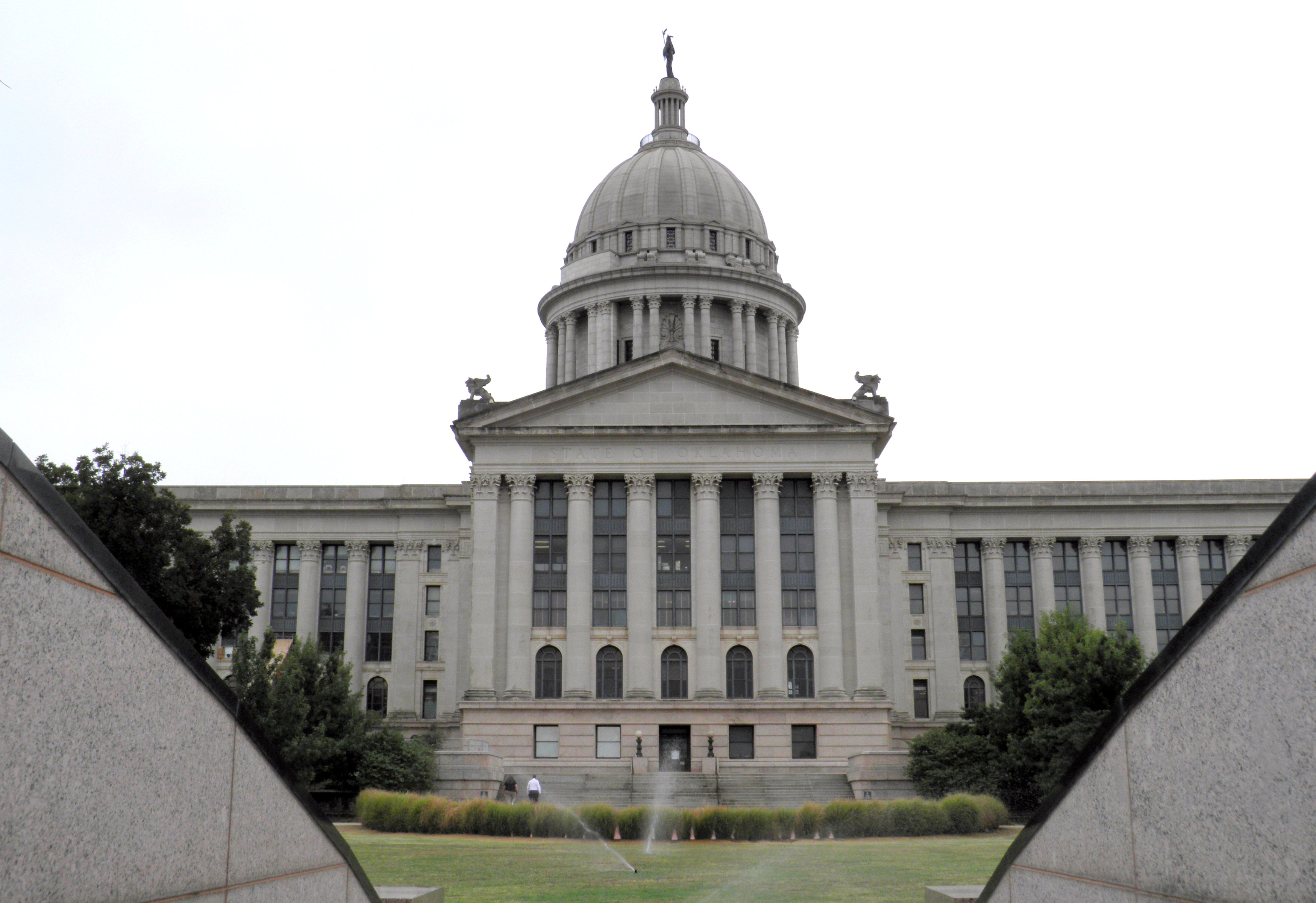
Chicago teachers strike hits ninth day as union, district bargain
By Brendan O’Brien
CHICAGO (Reuters) – The 300,000 students of Chicago’s public schools went a ninth day without classes on Tuesday as district officials and striking teachers returned to the bargaining table, where they are trying to hash out the union’s demands on class size, support staff and pay.
The strike, which began on Oct. 17, is the latest in a recent wave of work stoppages across the United States by educators who have called for more resources and emphasized the need to help underfunded schools, framing their demands as a call for social justice.
It is the second-longest U.S. teachers’ strike in recent memory. A teachers strike in Union City, California, in June lasted three weeks.
The Chicago Teachers Union, which represents 25,000 teachers in the third-largest U.S. school district, and Chicago Public Schools officials were unable to agree on contract terms after a marathon 16-hour negotiating session that ended early on Tuesday.
Hours later, both sides headed back to the bargaining table, the district’s chief education officer, LaTanya McDade, said during a news briefing.
“We have put forward a strong, comprehensive package of proposals that meet the demands of the key priorities that the union identified,” she said.
McDade said the city has proposed to spend $25 million to address overcrowding in the district and another $70 million to hire support staff, such as nurses and social workers.
The union, which has been without a contract since July 1, voted this month to go on strike if a deal was not reached.
“The union has laid out a path for a settlement … this is still an opportunity for the mayor to enter into an historic agreement,” Robert Bloch, an attorney for the union, said during a news conference earlier on Tuesday.
Teachers have picketed in front of many of the district’s 500 schools and have held several rallies in Chicago’s downtown area during the strike.
The strike is the first major test for Mayor Lori Lightfoot, a political newcomer elected in April. She has said the district could not afford the union’s full demands, estimating they would cost an extra $2.4 billion each year for an increase of more than 30% in the current $7.7 billion school budget.
(Reporting by Brendan O’Brien in Chicago,; Additional reporting by Rich McKay in Atlanta; Editing by Scott Malone and Matthew Lewis)



